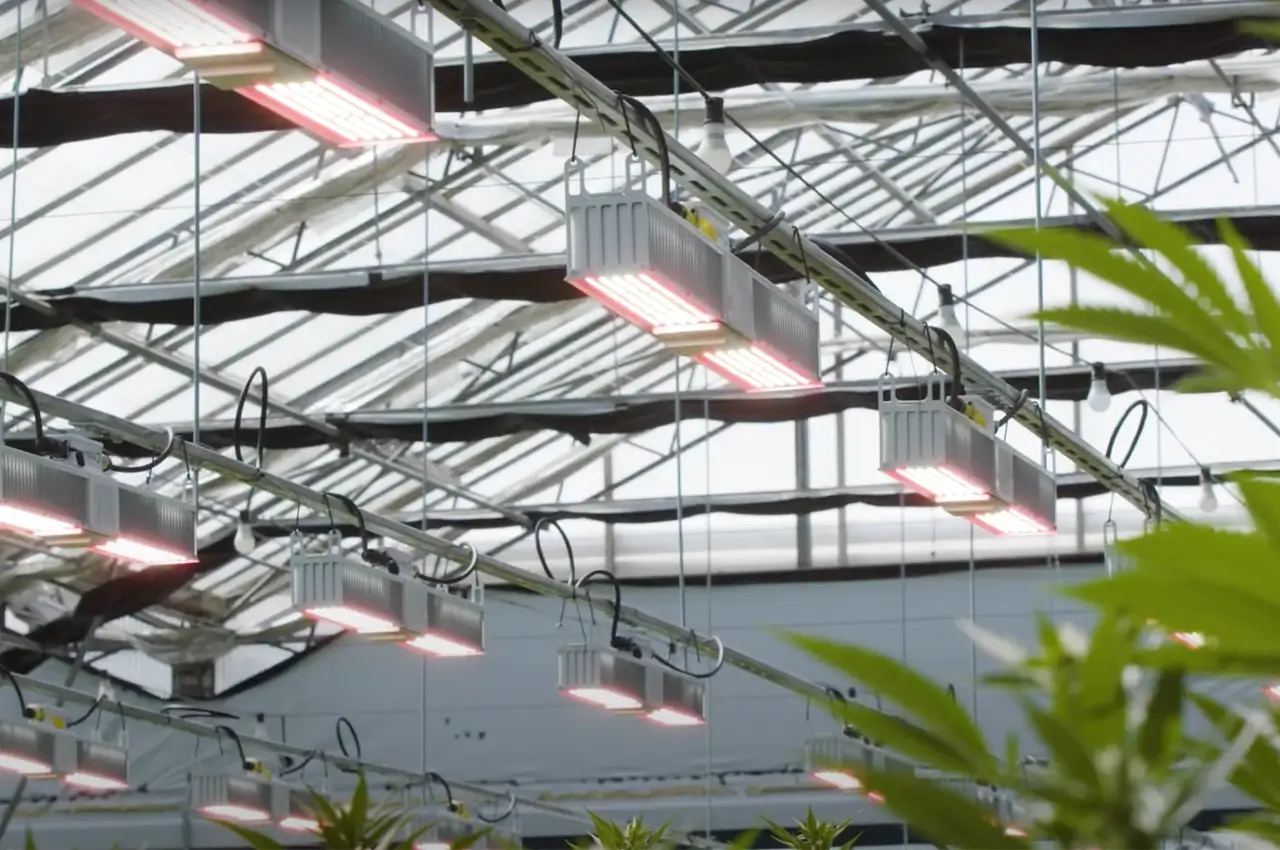Pesticides are often necessary to keep your plants safe from insects and pests, especially for outdoor growers. However, many pesticides contain harsh chemicals that are potentially harmful to people and plants. Even organic products are sometimes loosely labeled, so it can be hard to find a truly natural / eco-friendly pesticide that effectively keeps your plants safe.
Pesticides can be highly effective at getting rid of pests and vermin, but they can have unintended side effects. Residue from pesticide can seep into the soil and affect water sources and some pesticides produce a vapor that spreads throughout the atmosphere and harms wildlife.
Luckily, you do not have to rely on chemical pesticides if you are uncomfortable with them. There are many environmentally friendly options to keep your plants safe and healthy from intrusive insects and vermin.
It may take some trial and error to find something that works for you, but there are a wide range of options when it comes to eco-friendly pesticides. Below, we’ll go over some of the best choices.
Salt Spray
A simple mix of salt and water can easily get rid of slugs, spiders, and mites. All you need to do is mix a cup of salt – Himalayan pink salt works the best – with a gallon of warm water. Place the mixture in a spray bottle and spritz down the area around your garden.
Make sure you only spray around your plants – spraying salt water directly on your plants could potentially harm them.
Insectary Plant
Sometimes called “companion planting,” insectary plants refer to plants that attract beneficial insects that act as natural predators to common pests. This way, you will not need to use pesticide at all. Instead, you will be creating the right ecosystem for your plants to thrive.
Good insectary plants include mint, rosemary, thyme, and marigold as they produce nectar and therefore attract honeybees. Honeybees both pollinate your plants – promoting healthy growth – and keep harmful insects out of your garden.
Diatomaceous Earth
One of the most commonly used natural insect repellents, diatomaceous earth is a powder made from the microscopic silica shells of algae. Diatomaceous earth does not poison bugs, but it can kill them when they come into contact with it. When bugs – especially soft-bodied bugs like caterpillars and snails – crawl over diatomaceous earth it causes physical damage that results in dehydration and eventual death.
You can sprinkle diatomaceous earth over key areas of the garden – including hard to reach places – to form a barrier between your plants and pests. You can also sprinkle diatomaceous earth around pots of indoor or outdoor plants. It is not harmful to plants, animals, or humans – which makes it both a highly-effective and incredibly safe eco-friendly option.
Neem Oil
Often used to combat bed bugs, neem oil is among the most popular natural pesticides available. Neem oil refers to oil that comes from the Neem tree that is toxic to many common pests such as loopers, aphids, and mealy bugs. It does double duty as both a poison and a repellent, sterilizing insects while simultaneously stopping their growth cycle.
Neem oil can be applied as a spray or can be worked into the soil. While it is almost always non-toxic to mammals, it can be toxic if ingested in high amounts. Keep neem oil out of reach of small children and animals.
Neem oil can potentially harm beneficial insects. It should only be used if you have already discovered an infestation of harmful pests.
Insecticidal Oils
Insecticidal oils are lightweight oils, usually petroleum or vegetable-based, that are diluted and sprayed on plants as an alternative to chemical pesticides. They work by smothering pests rather than poisoning them.
Insecticidal oils work well on spider mites, mealy bugs, and aphids. You can buy them at a garden supply store or online. To use, you simply spray them directly onto pests when you encounter them. The one downside is that insecticidal oils only work when applied directly to the pest. Therefore, they are often used in conjunction with other pest control methods.
Food
You can actually use food you might otherwise discard from your kitchen to repel pests. Various leftovers from your own kitchen can repel pests.
Coffee grounds have trace amounts of nitrogen, which is good for soil. When mixed into the earth, grounds can also produce smells that keep unwanted insects at bay. Aphids tend to avoid banana peels and ants tend to avoid cucumber. Garlic can repel beetles, root maggots, and spider mites.
Instead of throwing unwanted food away, try mixing it into your soil. Anything biodegradable acts as a natural fertilizer and comes with the added benefit of potentially keeping pests away.
Eco-Friendly Pesticide: The Bottom Line
While it sometimes takes a little creativity and extra work, there are myriad ways to avoid using chemical pesticides in your garden. Plants survived in nature for years without human intervention. If you support their natural defense mechanisms, this gives them a chance to thrive without exposure to potentially harmful substances.
From insectary plants to rotting food to homemade mixtures like salt spray, there is no shortage of options to keep your plants healthy. It may take a combination of methods – and some experimentation – but with a little elbow grease, your plants should be able to create a healthy, happy, chemical-free garden.





